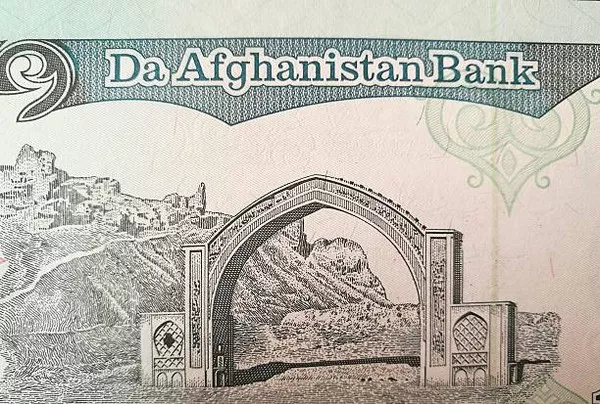In the globalized digital economy, online payment platforms play a pivotal role in facilitating seamless transactions and fostering economic growth. However, in certain regions, such as Afghanistan, the accessibility and integration of popular payment platforms like PayPal have been a subject of debate and speculation. This article delves into the possibilities and challenges of implementing PayPal in Afghanistan, assessing the potential impact on the country’s economy.
The Current Landscape:
Afghanistan, a nation with a rich history and diverse culture, has faced its share of economic challenges. The reliance on traditional banking systems and the limited penetration of online payment solutions have hindered the country’s participation in the global digital marketplace. PayPal, a leading online payment platform, has yet to establish a significant presence in Afghanistan, raising questions about the feasibility and benefits of its potential integration.
Regulatory Landscape:
One of the primary hurdles for PayPal’s entry into Afghanistan lies in the regulatory environment. The country has experienced political and economic instability, and regulatory frameworks for online financial services are still evolving. To integrate PayPal successfully, Afghanistan would need to establish clear and robust regulations that address concerns related to financial security, money laundering, and fraud prevention.
Security and Trust:
Building trust among users is paramount for any online payment platform, and Afghanistan is no exception. Potential users may be hesitant to embrace a platform like PayPal due to concerns about security and privacy. Addressing these concerns would require not only robust cybersecurity measures but also educational initiatives to inform the public about the safety measures implemented by PayPal.
Financial Inclusion:
Integrating PayPal into Afghanistan’s economy has the potential to enhance financial inclusion by providing access to a broader range of financial services. Many Afghans, particularly those in remote areas, are underserved by traditional banking institutions. PayPal’s digital platform could empower individuals and small businesses, enabling them to participate in online commerce, receive payments, and engage in cross-border transactions.
Cross-Border Trade:
Afghanistan, situated at a strategic crossroads, could significantly benefit from PayPal’s capabilities in facilitating cross-border trade. The platform’s global reach and acceptance could open new avenues for Afghan businesses to engage with international markets. This, in turn, could contribute to economic growth, job creation, and increased foreign exchange earnings.
Challenges and Considerations:
While the integration of PayPal in Afghanistan presents numerous opportunities, there are challenges that must be addressed to ensure its successful implementation.
Infrastructure and Connectivity: The success of online payment platforms relies heavily on a robust technological infrastructure and widespread internet connectivity. Afghanistan’s current infrastructure limitations, particularly in rural areas, may pose challenges to the seamless operation of PayPal.
Educational Initiatives: To foster widespread adoption, there is a need for comprehensive educational campaigns. These initiatives would help users, businesses, and policymakers understand the benefits, functionalities, and security measures associated with PayPal, thereby overcoming potential resistance.
Currency and Exchange Rates: Afghanistan’s dual currency system, with both the Afghan Afghani and the U.S. Dollar in circulation, adds complexity to financial transactions. PayPal’s integration would need to address these currency dynamics and provide transparent exchange rate mechanisms.
Conclusion:
The potential integration of PayPal in Afghanistan represents a transformative opportunity for the nation’s economy. By overcoming regulatory challenges, addressing security concerns, and focusing on infrastructure development, Afghanistan can pave the way for increased financial inclusion, cross-border trade, and economic growth.
As Afghanistan celebrates its rich cultural history and navigates the path to economic recovery, embracing innovative financial solutions such as PayPal can contribute to a more connected and prosperous future. With careful planning, collaboration between stakeholders, and a commitment to building a resilient digital economy, Afghanistan can harness the power of online payment platforms to unlock new economic opportunities for its people.


